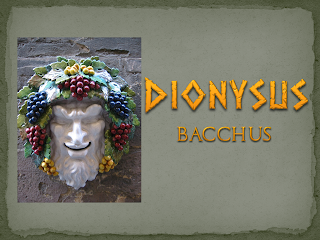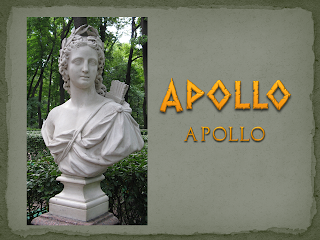Athens was known as a city of very smart people. They had the best university in the area, and people often met to discuss philosophy and other subjects. The Jews had the Pharisees and Sadducees, who didn’t always agree about everything, and were constantly arguing with each other. The Greeks also had two groups of philosophers. The Stoics believed that they needed to study and learn, and the more you knew, the less you would be affected by emotions and pain. The Epicureans taught that everyone needed to be happy! The groups liked to argue their different views with each other. These people were very smart, but they were missing something very important. Why bother keeping up with hundreds of false gods when there is only one true God, and He can do everything?!
Paul had come a long way since Jesus met him on the road to Damascus. He traveled all over the place in what is now Israel, Turkey and Greece, spreading Jesus’ message and founding churches along the way. (He would later make it to what is now Italy, and possibly Spain.) He wrote many letters to the churches, and as he traveled, he encountered many different cultures. He was careful to learn about the different cultures and explain Jesus’ message in ways they would understand. When he arrived in Athens, he looked around first. He was very sad to see the statues of Zeus, Poseidon and the rest. They had so many false gods who, in reality, couldn’t do squat for them! He also saw an altar that gave him an idea.
As Paul began to preach on a hill called the Areopagus (which means Mars Hill), the Athenians thought this was interesting and weird. What is this guy doing, telling us to worship foreign gods? Since they loved nothing more than a good debate, they took on this challenge. They asked him about what he was teaching. Why was he telling them to worship a new God they had never heard of?
Have you ever tried sharing Jesus with some of your friends by telling them that the way they worship (or don’t) is bad? If so, they probably didn’t respond too well. People were no different back then. Paul knew this, and he showed them respect. He didn’t criticize their gods. Instead, he tried another strategy. He got up and said, “I’ve been looking around your city, and I can see that you guys are very religious. You have gods for everything. I even noticed you have an altar that says “TO AN UNKNOWN GOD” on it! That tells me you don’t know what you’re worshipping, so guess what! I’m gonna tell you about this unknown God! This God made the skies and the earth, and He doesn’t live in temples that humans have built. He gives life, breath, and everything else. He made humans, all descended from one man. He made the earth, and He allowed humans to spread all over it. He’s in charge of history and the boundaries of lands. That way, we will look for Him. It’s like the Greek philosopher Epimenides said, ‘In him we live and move and have our being.’ Or like the Stoic poet Aratus wrote, ‘We are his offspring.’
“Since we are God’s offspring, that means we can’t assume that God is anything like gold, silver or stone, or anything that humans have made. In the past, God gave ignorance like that a pass, but now He wants everyone to repent. One day He will come and judge the world, with justice by the one He assigned to do that. He proved that by raising this man from the dead!”
At that, some people decided he was crazy. Who could raise a human from the dead? But others said, “Tell us more!” Dionysius, a member of the Areopagus, and a woman named Damaris, were among the many people who believed that day.
So it was that Jesus’ message spread to Athens, the capital of Greece. He brought a new agape, to rival the “love” they knew from their god Eros, who the Romans called Cupid.
~~~
Following is the PowerPoint presentation that I did. I went through the slides of the gods fairly quickly.



























